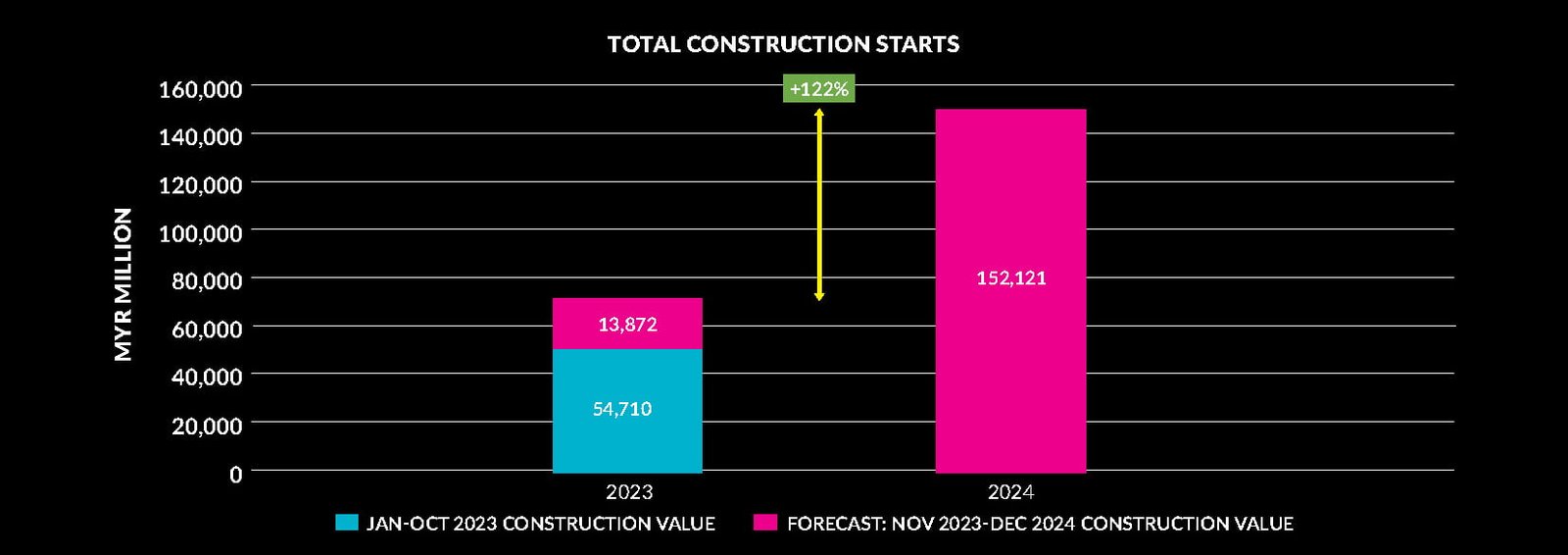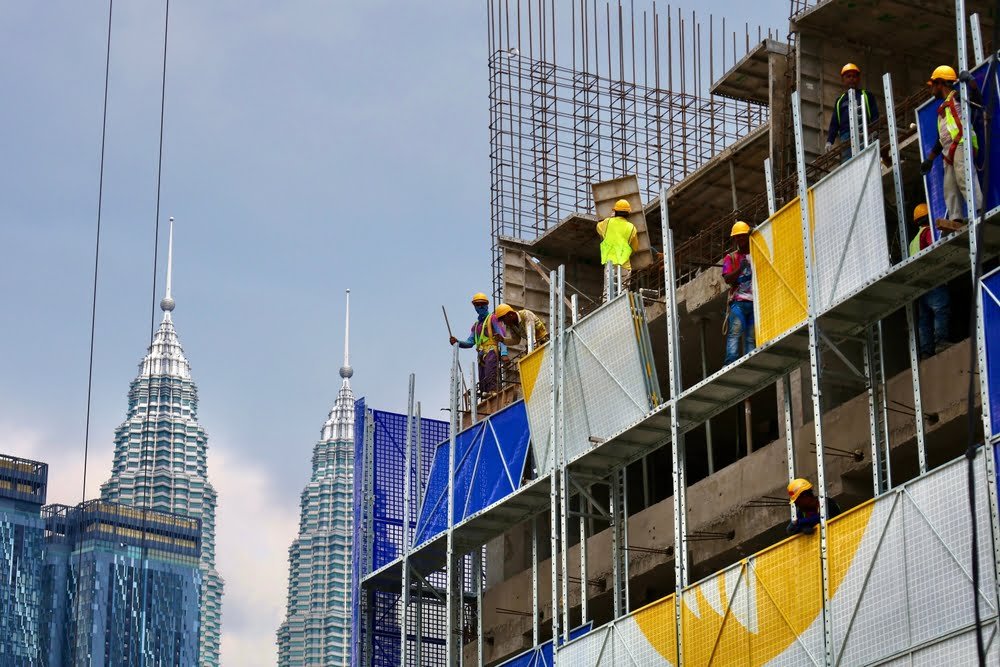Malaysia, located in Southeast Asia, is known for its dynamic economy and diverse cultural heritage. As a developing nation, it is rapidly urbanizing, with its construction sector playing a key role in shaping the country’s infrastructure.
Malaysia Construction Market Trends 2024 is set for significant growth, driven by government initiatives, technological advancements, regulatory changes, and a growing emphasis on sustainable practices. Let’s explore the top trends shaping the industry this year!
Government Infrastructure Programs
First of all, a major force behind the growth of Malaysia’s construction market in 2024 is the government’s focus on infrastructure development.

The government has rolled out several large-scale projects to improve transportation, utilities, and public facilities, such as highways, railways, and public transit systems. These projects are part of the Twelfth Malaysia Plan (12MP), which allocates substantial funding for development expenditure. As a result, the construction sector is expected to grow by 6.8% in 2024, up from 6.3% in 2023.
Additionally, the New Industrial Master Plan 2030 aims to attract foreign investments, further boosting industrial construction projects. This plan is expected to create new job opportunities and strengthen the country’s economy, making it an exciting time for construction companies and investors alike.
Technological Advancements
The role of technology in Malaysia’s construction sector is expanding rapidly. New tools and techniques are improving efficiency, safety, and overall project management. One such technology is Building Information Modeling (BIM), which is becoming increasingly common in the industry. BIM allows teams to visualize construction projects more effectively, reducing errors and improving collaboration among contractors, architects, and clients.
The Internet of Things (IoT) is also gaining momentum. IoT devices are being used to monitor construction sites in real-time, helping managers track equipment usage, ensure worker safety, and make quick decisions. This, in turn, increases productivity and minimizes downtime.
Moreover, automation is addressing labor shortages by using machines for repetitive tasks. As a result, skilled workers are free to focus on more complex jobs. This approach enhances both the speed and quality of construction projects.
Regulatory Changes
In 2024, Malaysia’s construction market will see important regulatory changes aimed at improving safety standards. The Construction Work (Design and Management) Regulations 2024, which take effect in June, will require contractors, designers, and clients to adhere to stricter safety guidelines. These regulations are expected to make construction sites safer for workers and reduce the risk of accidents.
The amendments to the Occupational Safety and Health Act (OSHA) will also extend safety requirements to all workplaces. Employers will be required to conduct risk assessments and appoint safety coordinators to ensure compliance. With stricter penalties for non-compliance, these reforms will promote accountability across the industry.
Sustainable Practices
Sustainability is becoming a cornerstone of Malaysia Construction Market Trends 2024. The government is promoting green building practices to minimize environmental impact and reduce carbon emissions. This includes the use of renewable materials and energy-efficient designs in new projects. The Malaysian Green Building Council (MGBC) is working closely with the industry to promote sustainable construction through certifications and incentives.
Moreover, waste management and resource efficiency are now top priorities. By focusing on sustainability, Malaysia’s construction sector is not only addressing environmental concerns but also ensuring the long-term viability of projects. More investors are seeking to align with green initiatives, creating more opportunities for local construction companies.
In conclusion, Malaysia’s construction market is poised for growth, fueled by government infrastructure investments, technological innovations, regulatory reforms, and sustainable practices. By staying adaptable and embracing Malaysia Construction Market Trends 2024, construction companies can thrive in this evolving landscape. The future looks bright for Malaysia’s construction sector, with plenty of opportunities for those willing to innovate and grow.

